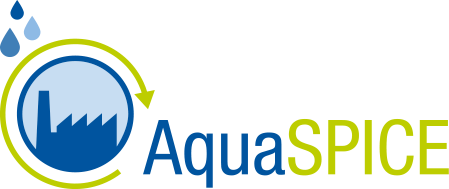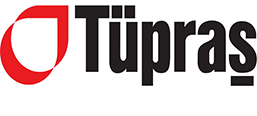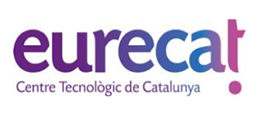Advancing Sustainability of Process Industries through Digital and Circular Water Use Innovations
Water treatment and re-use within refinery
Background and state of the art
Oil & gas refining industry is highly water intensive, requiring vast amounts of water, used as cooling water, service water, firefighting water, demineralization water and for steam production. A refinery also has closed loop water reuse opportunities embedded in the production line (e.g. drum wash water, stripped sour water, desalter, make/up water, coke-cutting water). Tüpraş is the first producer in Turkey’s refining sector and largest industrial enterprise of the country, operating four oil refineries with a total annual processing capacity of 30 million tons crude oil. The Tupras Izmit Refinery is consuming both fresh water from the lake and treated wastewater from its own wastewater recovery plants. During maintenance operations or in case of capacity problems, the refinery relies heavily on the lake. In order to increase the water reuse opportunities and decrease freshwater intake from the lake, any attempt approaching near zero discharge goal is considered seriously.
Actions and expected results
By the end of the project, a pilot plant will be implemented combining innovative treatment technologies and sensors, leading to a better understanding and prediction of water quality at the pilot plant feed. It is envisaged that:
All the above will move the plant towards the near-zero discharge goal, by decreasing the freshwater intake from the lake and recover at least 50% of contaminated water which will be fed to the new pilot plant developed under the scope of this project.


